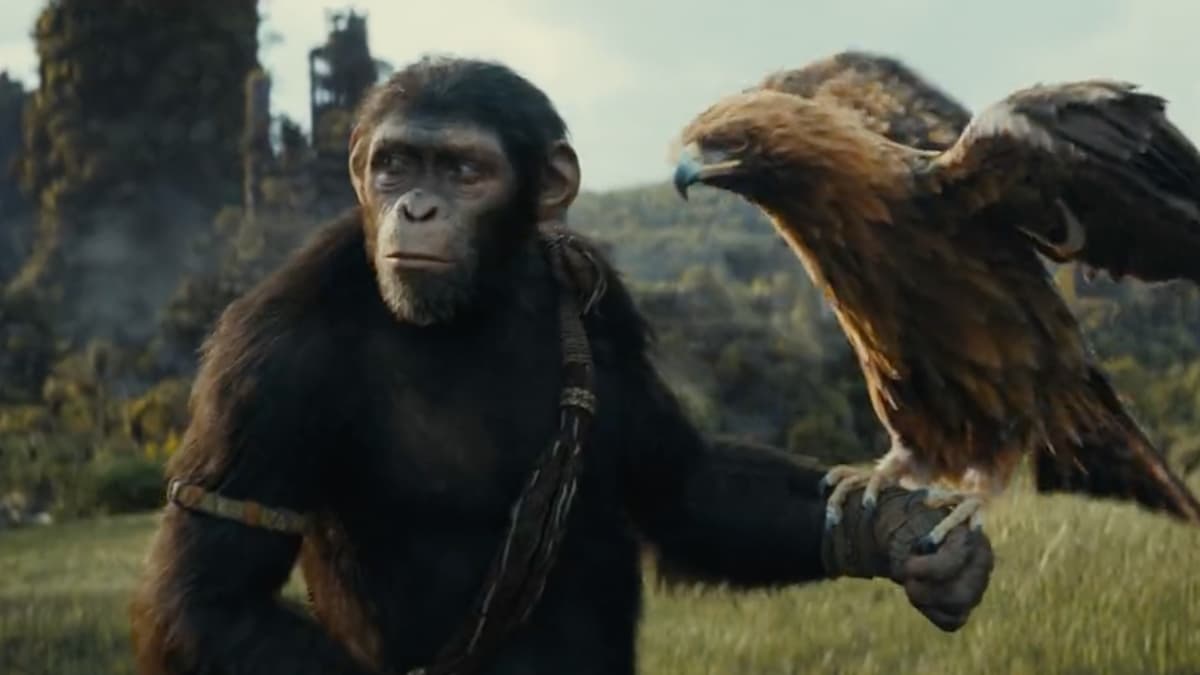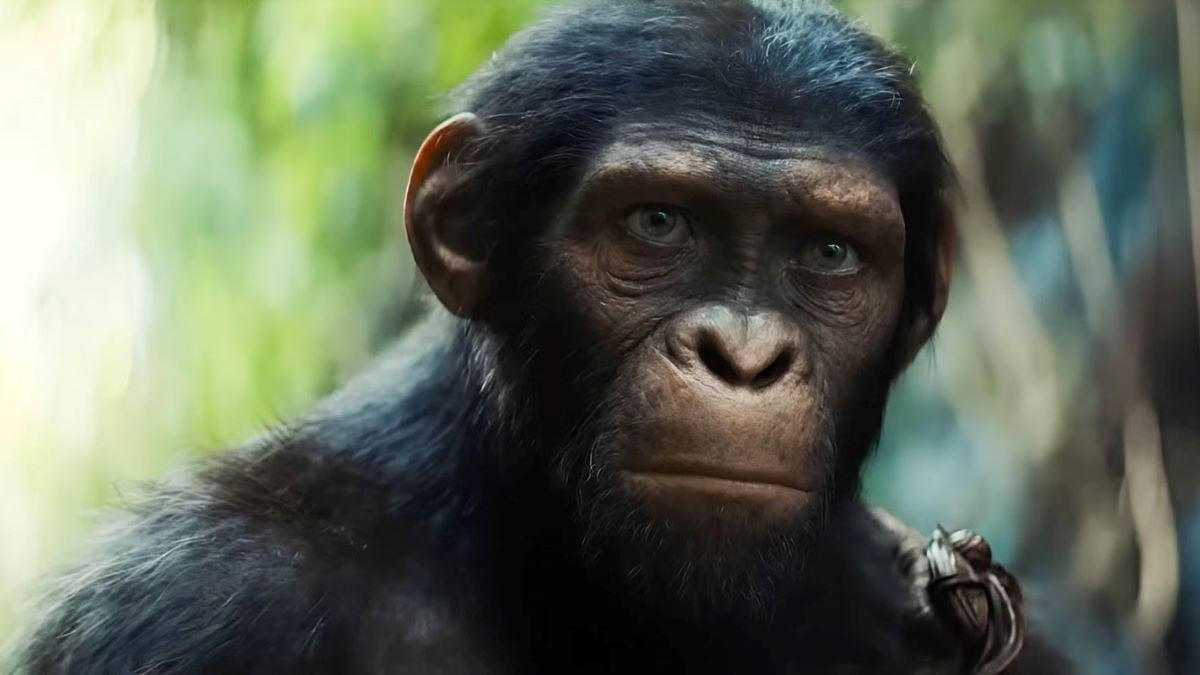Kingdom of the Planet of the Apes has swung into theaters as of last week, quite decisively proving that one of the greatest sci-fi film franchises of all time hasn’t even come close to losing its touch.
Indeed, it may have been no easy task to follow up on the Caesar trilogy (led by mo-cap maestro Andy Serkis in one of the most singular multi-film performances in recent memory), but with one Owen Teague having stepped up to the plate with pristine dramatic agility, it was only ever a matter of time before Kingdom of the Planet of the Apes sent the franchise forward with an intellectual mettle almost all its own.
Teague, of course, stepped into the metaphorical shoes of Noa, the protagonist of Kingdom of the Planet of the Apes, and also of what will soon become the next trilogy of Apes films within the canon dreamed up by Rick Jaffa and Amanda Silver back in 2011. So, what’s Noa’s deal?
Noa in Kingdom of the Planet of the Apes, explained

Noa is a young chimpanzee living amongst a colony of apes who have mastered falconry, established three centuries after the death of Caesar. His home is destroyed by ape soldiers working under Proximus Caesar — the film’s villain — early on, and as the only ape of his clan who wasn’t captured, he sets off on a journey to free his people (including his mother Dar, best friend Anaya, and love interest Soona) and bring them home so that they can recover from the damage that Proximus’ troops inflicted.
The Apes reboot films have long been fascinating musings on the human condition and how we relate to each other, and, along with the fact that Kingdom is no exception to this, Noa makes for an excellent protagonist with respect to these themes. Without giving too much away, Noa differs greatly from Caesar as a protagonist because Noa is very much a naive outsider when it comes to human-ape relations, whereas Caesar more-or-less invented them, to say nothing of the fact that Caesar was the first of these hyper-intelligent apes to ever live.
Through Caesar, then, we audiences navigated such ideas as prejudice, racism, and revenge from a place of simultaneous privilege, hubris, and vulnerability, given Caesar’s place as the leader of the apes. Through the adolescent Noa, however, we explore these ideas (along with the question of what “better” looks like, in Kingdom‘s case) through the eyes of someone who’s just another ape in this ape society; in this way, Kingdom‘s identity is unpacked from a place of discovery of both the wider world, and the place that one might carve for themselves in it.
That, dear readers, is one long-winded way of saying that Apes is an absolutely tremendous film franchise, and we should all be waiting with stark anticipation for an update on Noa’s next adventure.

